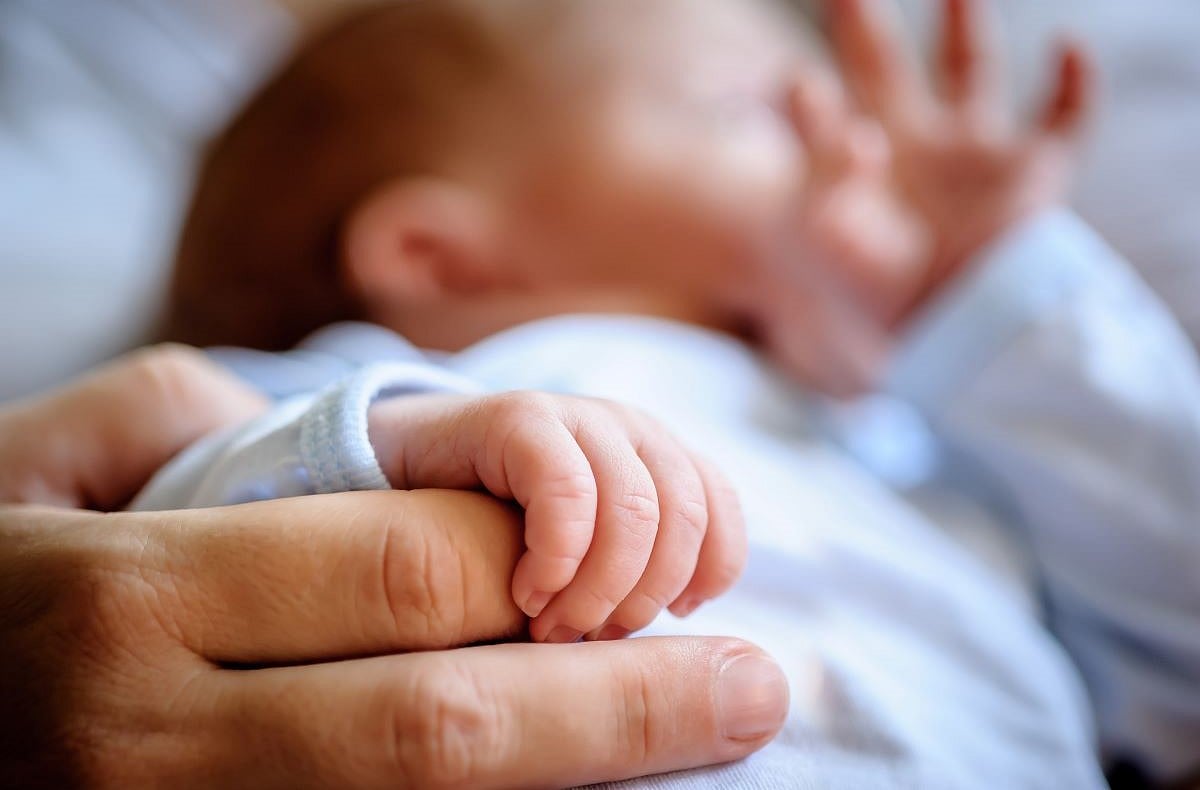Due to a recent change in our pharmacy software system, the process for submitting refill requests online has now changed.
Our previous mobile app and your current login credentials will no longer work.
Please click the Patient Portal tab to begin the new process.
Thank you for your patience during this transition.
Get Healthy!

- I. Edwards
- Posted April 24, 2025
U.S. Births Barely Rise in 2024
THURSDAY, April 24, 2025 (Health Day News) -- Fewer babies are being born in the U.S., and experts are worried what that portends for the future.
The number of babies born in the U.S. rose slightly in 2024, the fertility rate remains below levels needed to sustain population growth, The New York Times said.
More than 3.6 million babies were born last year, according to the U.S. Centers for Disease Control and Prevention (CDC). That's up 1% from 2023, which had the lowest number of births on record.
Still, the U.S. fertility rate remains around 1.6 births per woman -- well below the 2.1 needed to maintain the country’s population solely through births.
This is "a long-term decline of births in the United States that began really with the Great Recession in 2007,” Ken Johnson, a demographer at the University of New Hampshire, told The Times.
One major shift: Fewer teens are becoming parents. In 1991, about 62 of every 1,000 teens had a kid. By 2024, that number dropped to just under 13 -- a record low.
Women in their 20s are also having fewer children. Births among women ages 20 to 24 fell from about 106 per 1,000 in 2007 to about 57 in 2024. Among women ages 25 to 29, births dropped from about 118 to about 91 over the same period.
While births among women in their 30s rose slightly, it was not enough to make up for the decline.
“One of the big questions is all these births that haven’t occurred -- are they just being delayed?” Johnson said. “Are these women going to have these babies later than they would have otherwise? Or are a lot of these births going to be forgone entirely?”
Some people may be forgoing parenthood altogether, Johnson also said.
Many young Americans still say they want to have two kids. But experts say there are many obstacles-- including high student debt, expensive child care and a lack of paid leave from work.
“People don’t have kids when they don’t feel good about their own futures,” Karen Benjamin Guzzo, a family demographer at the University of North Carolina at Chapel Hill, told The Times.
Recently, Trump has proposed incentives like $5,000 "baby bonuses" for new parents and scholarships for married folks or those with kids.
It’s unlikely the U.S. will return to a replacement-level birthrate soon, Johnson said.
“Of course immigration is another factor,” he added, noting that most immigrants relocate to start families.
“Immigrants don’t just bring themselves,” Johnson said. “They bring the potential for babies in the future.”
More information
The U.S. Centers for Disease Control and Prevention (CDC) has more on births and natality.
SOURCE: The New York Times, April 23, 2025







